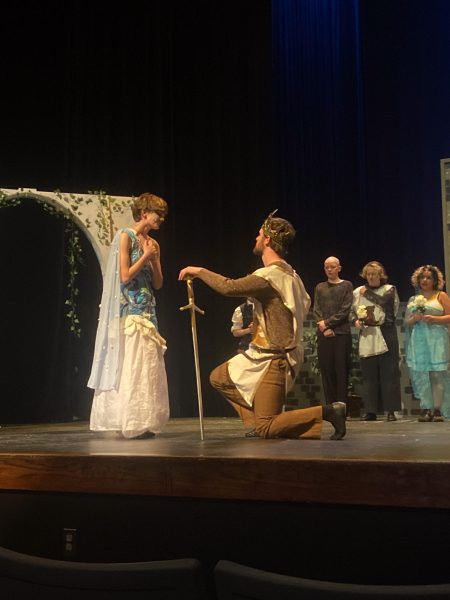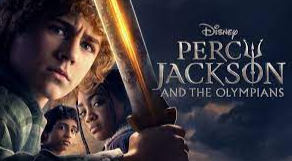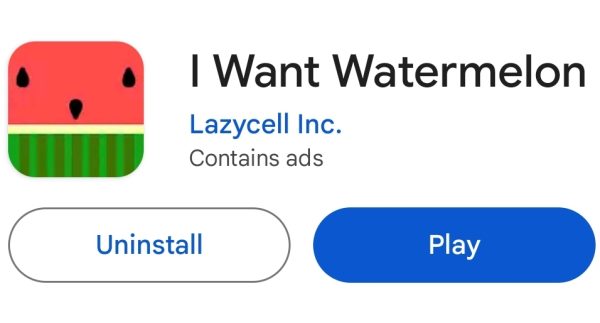Do Television Companies Shun or Support Creativity?

Is creativity in television a lost art or just lying dormant until the times change enough to make them successful?
February 2, 2022
I have subscriptions to several streaming services, as many others in this day and age do. For television, I primarily use Hulu and HBO Max depending on what kind of content I want to consume. HBO Max is ad free, but Hulu has a wider selection. In its vast library, Hulu happens to provide some of my favorite shows from when I was younger. These shows only ran for about a season or two while they were on air, but I have so many great memories attached to them.
Something I came to understand as I got older was that TV companies run shows depending on how many people are watching them. You hear about ratings all the time in this respect. Simply put, if people aren’t watching a show, a channel stops airing it. This is exactly what happened to two of my favorite shows that are on Hulu, “The Neighbors” and “Galavant.” Each only had two seasons, but incredible stories and characters. The problem was when exactly they were put on the air. “Galavant” ran on Sunday nights at the same time as “Sunday Night Football” and “The Bachelorette.” People’s attention gravitated towards one of the latter options, and as a result, “Galavant” only lasted for two seasons made up of eighteen episodes. The story was similar with “The Neighbors.”
I periodically rewatch “Galavant” and constantly wish that they could have tried to scrape together a third season before it got canned. It was a fun little show about a knight trying to save his fair maiden from an “evil” king… until he realizes that she may not want to leave her new royal life. It periodically broke the fourth wall and made fun of common fantasy tropes in the form of songs written by Alan Menkin, the man behind several popular Disney soundtracks like “The Little Mermaid.” Despite fully knowing that they likely weren’t going to make it, they still left the ending open on the off chance that they would get renewed.
Expanding on a previous point, Hulu gives you ad breaks while you watch shows on their service. These ads are usually for things like medicines or insurance agencies. They also show ads for other shows that are airing on regular TV. Recently, one of these shows caught my attention between an ad for Geico and the continuation of whatever episode I was watching. “Joe Millionaire” seemed like it was another spinoff of “The Bachelor” and its many incarnations over the years. A group of girls have to figure out whether or not they’re falling in love with a millionaire or your average, well, Joe.
It seemed like such a shallow concept.
Then it got me thinking about how reality shows like this last for multiple seasons. “The Bachelorette” has been on the air for 18 seasons. “The Bachelor” has been going for 26 seasons. The IMDB ratings are awful (3.5 and 3.2 respectively), and yet the seasons keep getting pushed out like the tears of the women on the show. In comparison, “Galavant” has an 8.1 on IMDB and a better Rotten Tomatoes score than a lot of movies do nowadays (89%).
Something doesn’t add up,
and evidently, some of my peers would have to agree with me.
I sent out a survey with four synopses that I wrote of different shows that do indeed exist and simply asked if they would run or cut the show. Among these synopses, I added that of “Joe Millionaire” and “Galavant.” Only 25% of the responses on “Millionaire” said to keep the show in comparison to the 62.5% positive responses on “Galavant.”
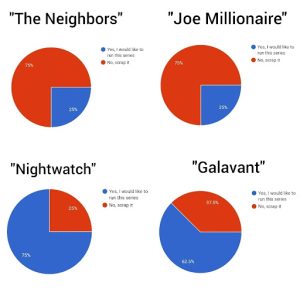
The other two synopses that I sent out were for “The Neighbors” and for another show called “Nightwatch” that follows first responders on their late night shifts from 8 p.m. to 4 a.m. and how they help their city when everyone else is asleep. The data shows that “The Neighbors” actually had a similar story to that of “Joe Millionaire” with only 25% of the responses being positive.
It’s entirely possible that there is a very fine line between “creative” and “completely insane,” seeing as how “The Neighbors” featured a community of aliens masquerading as humans and trying to learn how to blend in better from the one family of humans that moves in. “Nightwatch” showed the most positive feedback with 75% of responses saying they would run the show.
It doesn’t really answer my question, however. Why do shows like “The Bachelor” do so well and keep running episodes? I did a little digging and came up with a few common responses. People just enjoy watching competitive drama and what one person on Quora called “car crash TV,” which are basically, as wordhistories.net describes it, “television programs that are gratuitously shocking or sensational, or of embarrassingly poor quality in terms of dialogue, acting, etc.” People also enjoy romance, so all in all, it’s just a perfect concoction to create a show that has millions of viewers every season.
That’s not to say the series hasn’t been thoroughly criticized over the years. “Time” makes note that “The show still faces continuous criticism for how it depicts and treats women and its glaring lack of diversity among contestants, and it has also raised concerns about whether producers go too far in exploiting contestants to make good TV.” There have also been various allegations of sexual misconduct over the years as well.
The diversity comment really sticks out to me because over the years of seeing ads on TV for “The Bachelor,” I’ve noticed that most of the guys usually look the same: the perfect mix of Ryan Gosling and Tom Brady. What makes this show so much more interesting than a show featuring an army consisting of people from all backgrounds waving a gay pride flag storming in to save the day at the end of a “Lord of the Rings” style battle set to an upbeat Alan Menkin song?
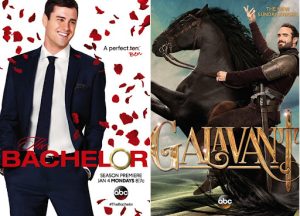
Diversity has been a topic of debate in recent years, in general. The Golden Globes, usually what I would consider the “pre-game” show for the Oscars, wasn’t even available to watch on live TV or a stream this year. According to Cnet.com, the reason for this was “questions over lack of diversity, voting processes and finances saw the awards, run by the Hollywood Foreign Press Association, boycotted by celebrities. This year’s ceremony, which took place at the Beverly Hilton hotel, was turned into a private event.”
So where does that leave us?
At the end of the day, it’s really just a matter of preference. Maybe I’m just someone who enjoys one hit wonders that tried to be different, yet were doomed to fail from the start. The thing is, people don’t always like “different.” TV companies push out what will get ratings, meaning they earn more money. With the changing times, however, maybe it opens up the door for new things. If people are looking for more diversity beyond the one Black friend the main character has, it could mean that more creativity could grace our television sets and streaming services.
For now, I’ll stay content with my two seasons of “Galavant.” At least there isn’t any chance of it crashing and burning if it’s already been finished.




